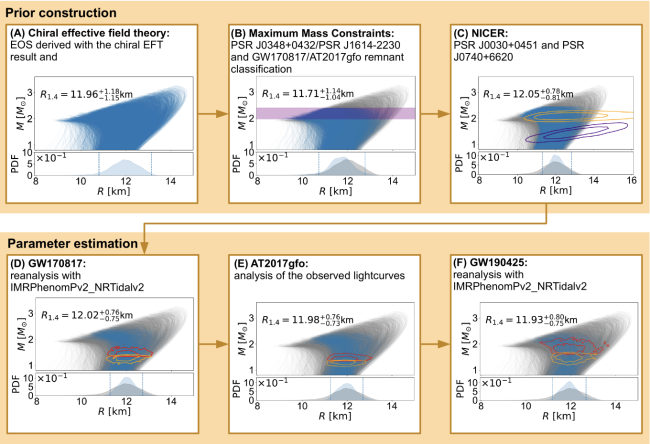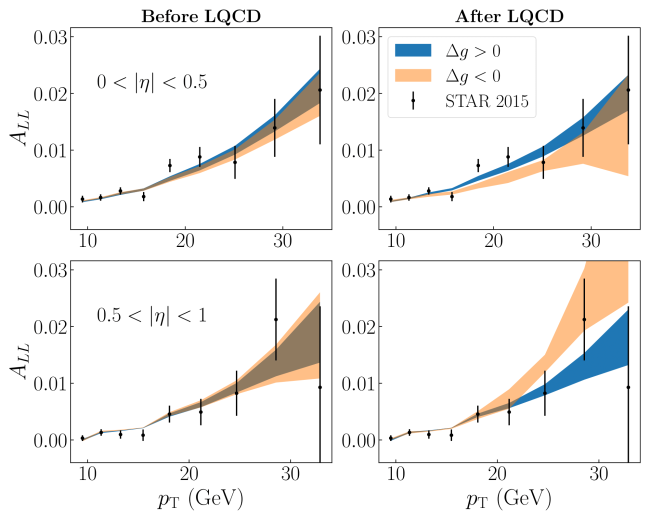Inverse Problems and Uncertainty Quantification in Nuclear Physics

Event ID: INT-24-88W
Note to applicants: This is a "hybrid" workshop, meaning there will be a combination of virtual and in-person participants. In the COMMENTS section of the Application Form, please write [In-person], [Virtual], or [Either] to reflect your preferred mode of attendance.
Disclaimer: Please be aware that, due to ongoing concerns regarding the COVID-19 pandemic, this workshop may be changed from hybrid to online-only if necessary.
Realizing the full potential of experimental and observational studies of nuclear matter requires a comprehensive understanding of the dynamics of its microscopic constituents, within the theory of quantum chromodynamics (QCD). Nuclear physics affects matter on scales that span neutron stars to the collision centers of a heavy-ion collision. Consequently a large variety of techniques has been developed to study these systems including lattice QCD, effective field theory, and data-driven phenomenology.
These fields face a common challenge: inferring the properties of nuclear matter from limited and noisy data. These ill-posed inverse problems are widespread across a broad range of nuclear physics and constructing robust uncertainty estimates is urgently needed to interpret upcoming precision experiments and observations.
A wealth of experimental and observational data is currently being collected, or will be collected soon, from different facilities spanning nuclear physics, including new data from: collider facilities studying the quark-gluon plasma (RHIC and LHC); measurements of the three-dimensional structure of nucleons and nuclei at JLab 12 GeV and the future Electron-Ion-Collider (EIC); neutron-rich nuclei at the FRIB facility; and the LIGO-Virgo-KAGRA gravitational-wave observatories, as well as potential coincident electromagnetic signals from kilonovae, and data from NASA’s Neutron-Star Interior Composition Explorer (NICER) mission.
This workshop will bring together practitioners working on inference problems in fields across theoretical nuclear physics and astrophysics to address new developments in, and approaches to, tackling inverse problems and uncertainty quantification in fields across theoretical nuclear physics and astrophysics. Collectively, these topics are crucial to extract reliable information on fundamental properties of strong interactions and nuclear matter from experimental and observational data. This, in turn, is key to reliable predictions for nuclear systems ranging from quarks and gluons to neutron-rich nuclei, neutron stars, and beyond-the-standard-model physics like neutrinoless double-beta decay.


